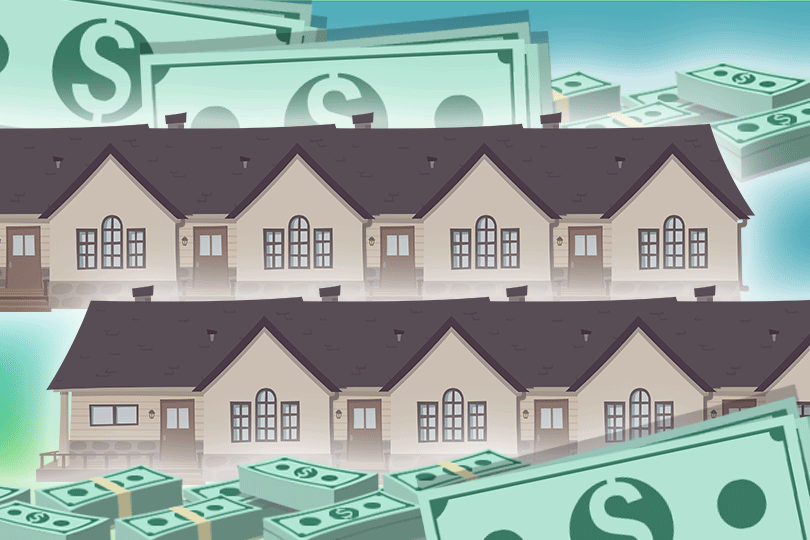FHA Refinance Versus Conventional Loan Refinance
November 20, 2024
While both provide avenues for refinancing, each loan type may be best for specific needs and financial circumstances. What are the differences between FHA and conventional refinance options?
FHA Refinancing: According to the Consumer Financial Protection Bureau, FHA loans are more accommodating regarding credit history. Although the minimum credit score requirement may vary among lenders, FHA loans may have lower FICO score numbers than certain competing conventional loans.
Conventional Refinancing: Conventional loans typically require credit scores in the mid-600s. Conventional refinancing might offer more for your needs if you possess a strong credit history and a stable financial profile.
Mortgage Insurance
FHA Refinancing: FHA loans typically require mortgage insurance regardless of the down payment amount. This includes an upfront MIP paid at closing and an annual MIP that may be incorporated into your monthly mortgage payment.
Conventional Refinancing: With conventional loans, mortgage insurance is usually required if you made a down payment of less than 20% when purchasing. If you refinance a traditional loan, you may not be required to pay for private mortgage insurance. Be sure to ask your lender about this option.
Appraisal Requirements
FHA Refinancing: FHA loans have specific appraisal requirements prioritizing the property's safety, security, and soundness. The appraiser must be FHA-approved and will conduct a comprehensive inspection to ensure the property meets HUD's minimum property standards.
Conventional Refinancing: While conventional loans also require an appraisal, the requirements are thought to be less demanding than those for FHA loans.
Streamline Refinancing
FHA Streamline Refinance: The FHA offers a streamlined option for existing FHA borrowers. This program often involves less documentation and faster processing times, making it worth considering for those seeking to lower their interest rate or adjust their loan term quickly.
Conventional Refinancing: Although conventional loans do not have a specific "streamline" program, lenders may offer expedited refinancing options for qualified borrowers.
Refinancing is a significant financial decision. Take the time to research your options thoroughly, compare offers, and seek professional advice if needed.

FHA Loan Articles
December 10, 2024The FHA announced increased loan limits for 2025, providing those seeking FHA-insured mortgages after January 1st with increased purchasing power. In this article, we explore the key aspects of these limits and their implications for your homeownership goals.
When you are approved for an FHA-insured loan, the FHA guarantees a portion of the loan to the lender, lowering lender risk...
December 9, 2024The Federal Housing Administration (FHA) helps people buy homes, especially those buying for the first time or who might not have perfect credit. In 2025, there is good news for FHA borrowers. FHA home loan limits are going up.
In most places, the FHA loan limit for a single-family home in 2025 is $524,225. This is more than it was in 2024. However, in expensive areas, where houses cost more, the limit can be as high as $1,209,750.
December 5, 2024The Federal Housing Administration (FHA) has some ground rules regarding cash-out refinances. These rules are designed to protect both you and the lender, ensuring you have enough ownership of your home and reducing the risk of foreclosure. How long must you own your home before you can apply for FHA cash-out refinancing?
December 4, 2024When you think about owning a farm, do you dream of vast landscapes and thriving agricultural enterprises? Or are you looking for a quaint farm-style house to live in but not necessarily to start a new farming career?
Borrowers who want to buy a farm residence are in luck with the FHA loan program, which includes options to purchase farm residences.
November 27, 2024If you are new to the home loan process, you may wonder how your loan officer will interpret your application data. How lenient is the lender with issues related to debt, credit utilization, and related factors? We examine some key points, but remember that what follows is not financial advice. Always consult a finance or tax professional for the most current information.







